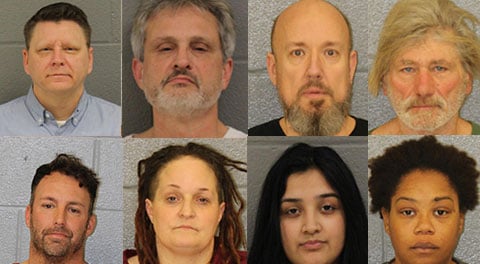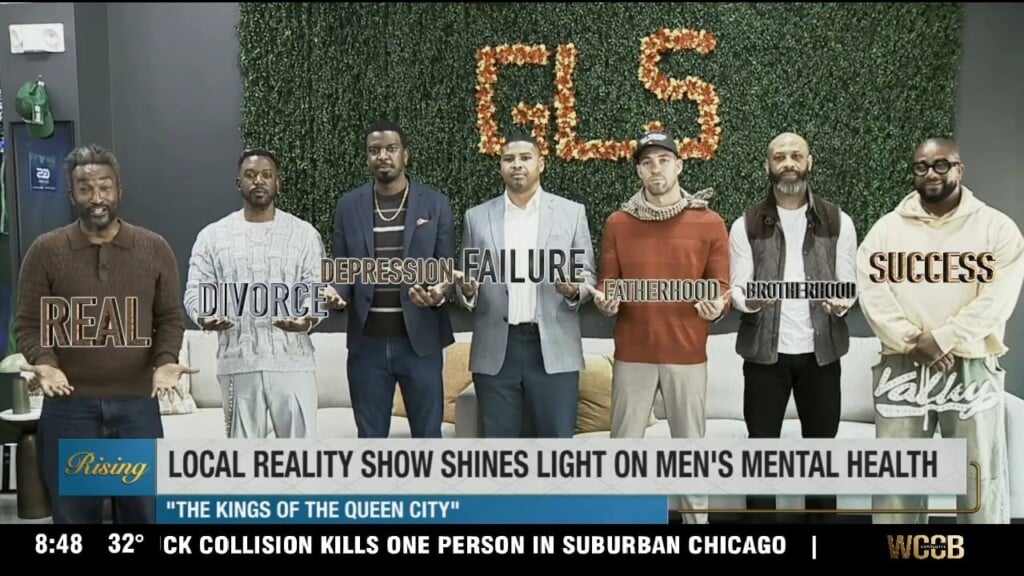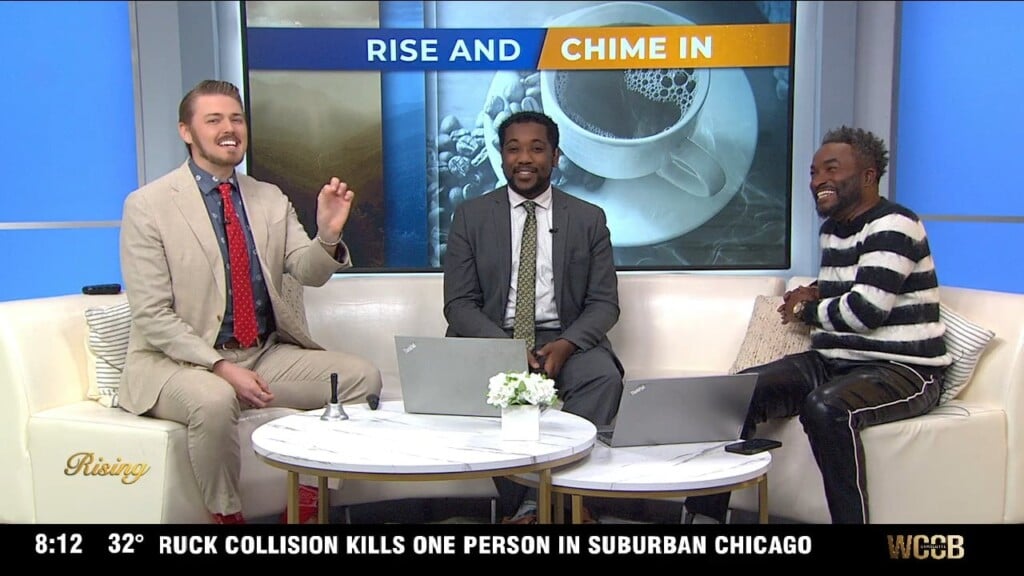Pilot Program Continues To Have Clinicians Respond To Some Low-Risk Mental Health Calls
CHARLOTTE, N.C. – Who responds during a mental health crisis?
In some cases, it’s no longer a police officer.
Charlotte City Leaders say a pilot program intended to reduce officer-involved shootings is showing results.
The “CARES Team” now responds to low-risk mental health 911 calls in some parts of the city.
“Oh no, I did not respond well, because first off, I didn’t even know the police were coming,” says mental health advocate Fonda Bryant.
More than 20 years ago, Bryant suffered a mental health crisis, she says, was made worse when police arrived.
“When the officer put his hand on my shoulder, and said ‘Hey you’re going with me,’ I scratched him. And when I scratched him, it just went into full blown escalation,” Bryant says.
She’s happy about the city’s efforts to change the response to mental health calls.
Late last year, Charlotte implemented the “CARES Team” as a way to deescalate tense situations and reduce officer-involved shootings.
Instead of police, a team of two mental health clinicians responds to some low-risk mental health calls.
“To have someone who is not in a uniform, who is talking the right language, not being judgmental, letting you know, ‘Hey we’re here to help,’ I think that’s going to let that guard down for people who need help,” Bryant says.
The program launched last December in CMPD’s Central Division and added the Metro Division in June.
So far it’s limited, only operating Monday through Friday, between 7:00 a.m. and 3:00 p.m.
Between March and August of this year, the “CARES Team” responded to 268 calls: 31 percent were in response to homeless people, 20 percent were welfare checks, 16 percent were for loitering or panhandling, 13 percent for disturbances, and 19 percent for other types of calls.
One concern has been about safety without having officers respond.
We’re told in all of these calls, no members of the “CARES Team” have been hurt and no one they responded to has been hurt.




